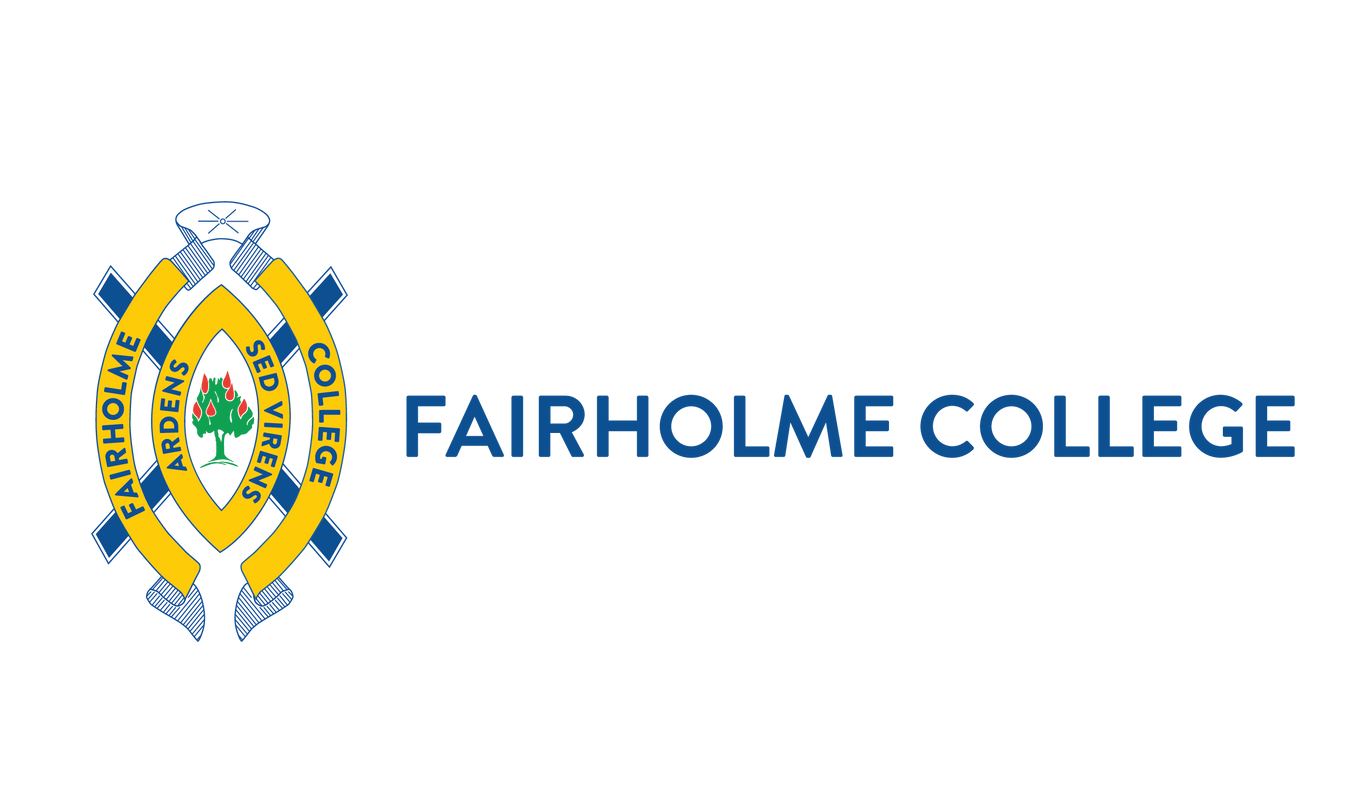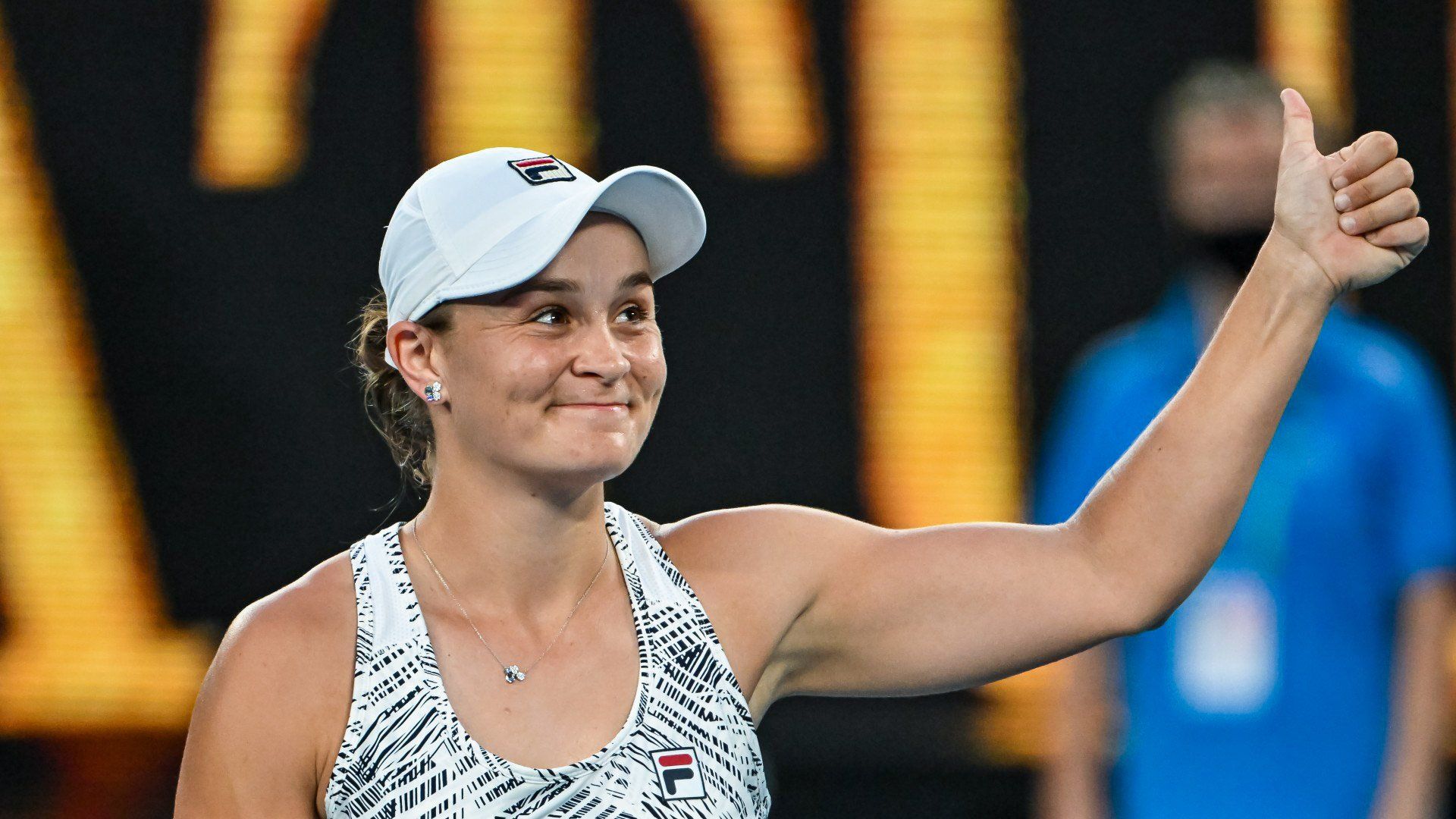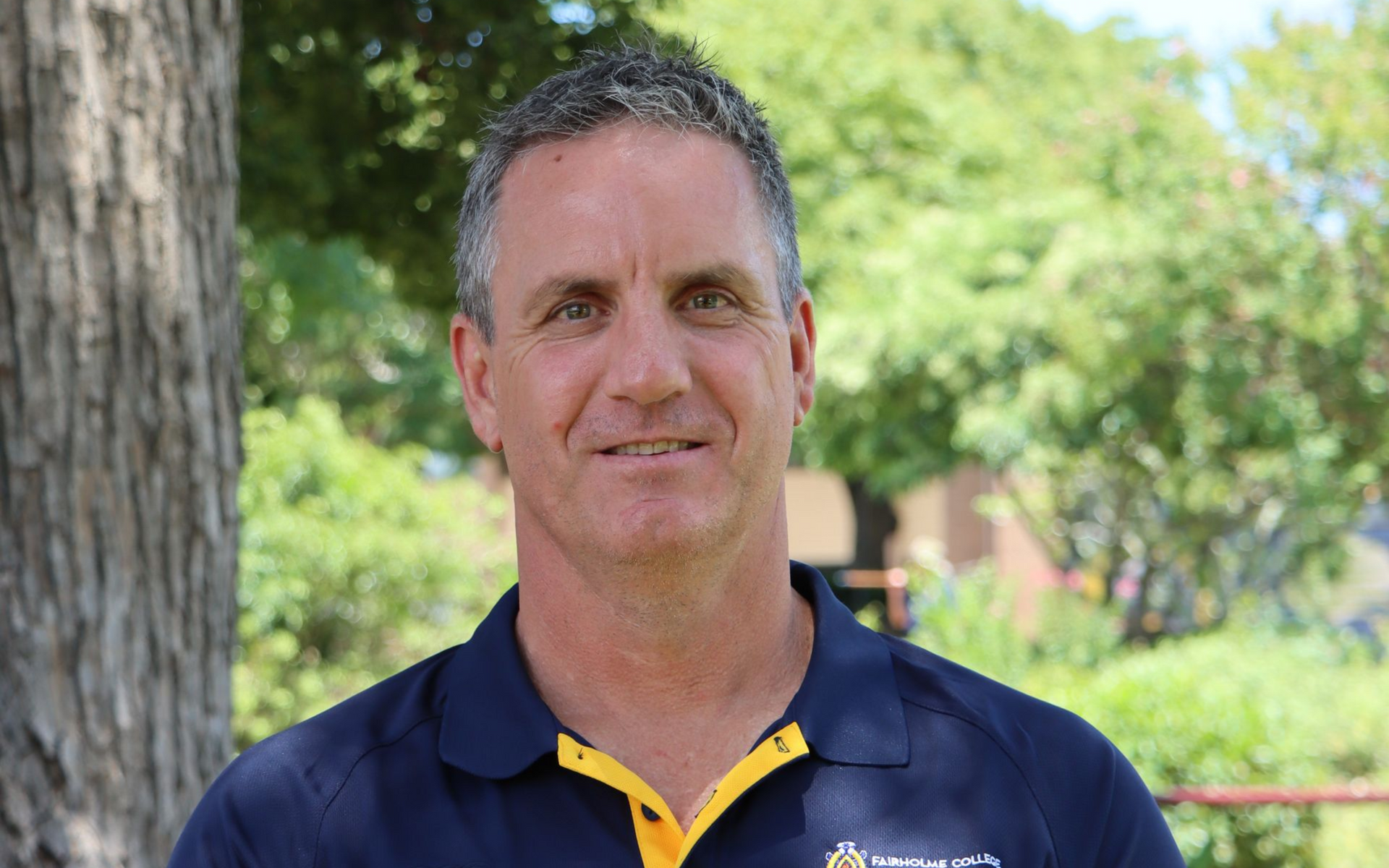Seeking The Intrinsic
In the high stakes, high pressure world of international sport how refreshing it is to hear Ash Barty speak. There’s an inspirational ‘groundedness’ in her commentary around playing to enjoy, rather than playing solely to win. A lot of her psychological framing has been linked to the work she does with mindset coach, Ben Crowe. Former International Director of Sports Marketing for NIKE, Ben spent the first part of his career concerned with the external needs of athletes but, in recent times, has become fascinated with their inner machinations. Mindset coaching has become his area of expertise, and his effectiveness is evident in the likes of Ash Barty, world champion surfer Stephanie Gilmore, and Trent Cotchin who has captained Richmond to two premierships.
A key tenet of Crowe’s coaching is his emphasis on acceptance and gratitude and separating these virtues from FOOPO (Fear of Other People's Opinions) and the eternal thirst for external validation (Seselja, Zonca, and Ryan, 2021). What a balance it is, in a school, to celebrate achievements, to reward outcomes whilst fostering the intrinsic, the desire within. My mother, never believed in payment for household chores, instead, she used to speak a lot about ‘doing this as a labour of love.’ I can’t say that I understood her philosophy as a ten year old vacuuming a hallway, but there was a lesson in there somewhere about helping for the right reasons; not for monetary benefit. (Bless you Mum – I tried the same with Natalie and Mitchell). Similarly, when I triumphantly shared the news of my best friend receiving money from her parents for each ‘A’ on her report card, she was quick to respond. ‘There is no way we would pay you for receiving As – success has to come from within.’ Yet again, I was wishing for parents who understood the value of money prompting motivation! Therein, was yet another childhood lesson in intrinsic versus extrinsic motivation: not always easy to achieve, particularly in homes and in schools. We can default too quickly to rewards.
But, let’s not be naïve and imagine that Ash Barty doesn’t seek to achieve at her best which, in the current context, means striving to be the winner of the Australian Open: right now, she sits on the precipice of that achievement. If successful, she will be the first Australian woman to do so since 1978, when the unseeded Christine O’Neill seized the title. Surely, there is some intrinsic drive to recapture the title for Australia.
However, Barty certainly practices and demonstrates a view of ‘human being’ first and ‘human doing’ next. It is part of uniqueness and her enduring charm – it sets her apart from others. Her father pays tribute to Ash’s first Tennis coach – Jim Joyce who held values similar to Crowe – and Barty for that matter. Joyce’s five golden rules for life and Tennis were:
- Be a good person
- Have fun
- Be happy
- Show respect and be respected
- And – if you can play Tennis after that, it’s an added bonus.
Whilst the goals appear to be simplistic, they aren’t when put into practice. Being or becoming a good person is probably a big enough goal for each one of us, for a lifetime. In an interview with journalist, Sarah Berry, Crowe directed this question - “If I said ‘righto, for the rest of this year, what kind of human do you want to be, what words would come to mind?” Then he prompted further - “Think about who you are at your absolute best.” (Berry, 2021). These are great questions for us all. They are great questions to discuss with our children, too. What kind of human do you want to be? Who are you at your absolute best?
Crowe cautions that ‘we’re so distracted by achievement and results more than the process of going there, we’re craving from others what we’re not prepared to give ourselves which is unconditional love: will someone please recognise me, will someone please accept me, will someone please acknowledge me?’ According to him, our energy needs to be directed towards factors we can control, starting with knowing the kind of human we would like to be. He says, ‘you still go after the things you love to do; they just don’t determine your self-worth.’ Setting goals is an important part of direction-setting, it underpins much that we do in a classroom or on the sports field or in learning. But setting a goal is not a guarantee of success, and achieving it, or not achieving it, is not a measure of our self-worth. Herein is where Ash Barty excels as a champion – she separates her goals from expectations and focuses on Crowe’s ‘human being’ over ‘human doing’. Barty strives to be a good person, first, and her gratitude for opportunity, and her sense of enjoyment are palpable traits. She has benefited not only from exceptional physical skill, but from the mentorship of the wise – her family, her performance coaches and the 21st century phenomena of a mindset coach. In what seems counter-intuitive she has learned that she isn’t the best, she is in fact human and vulnerable and that’s why hearing her speak is essentially a gift of realism, humility and groundedness.
Hooper (2021) writes of the ‘results-obsessed world we inhabit’ and points to some highly pertinent words belonging to Crowe – ‘Sometimes, it’s important to let go of all that noise. It is so important to identify our intrinsic motivations, not our external motivations.’ And it is – but that is no easy feat for any of us, for the Year 12 student grappling with ATAR, the athlete seeking high level selection or Ash Barty holding the weight of Australia’s expectations for a grand slam win on Saturday. Irrespective of outcome, I know that I will enjoy Barty’s post-match words almost as much as the match itself. After all, here is someone who is mastering mindset and separating the intrinsic from the extrinsic better than almost anyone. So, in this time of COVID where we need distraction and celebration, here’s to Ash and the impact of her athleticism and her words – both are exceptional and deserve our attention.
Dr Linda Evans | Principal
REFERENCES
Berry, S (2021). Ash Barty’s mindset coach asks these three questions for success The Sydney Morning Herald. September 5, 2021. 6.45am
Fidler, R. and Kanowski, S. (2021). Conversations - Meet Ash Barty's mindset coach - Ben Crowe ABC Conversations. 1 July 2021. 11.00am
Hooper, N. (2021). Game. Mindset. Match. Australian Institute of Company Directors. 01 August 2021.
Seselja, E., Zonca, C. and Ryan, L. (2021). Ash Barty's performance coach on defining yourself, dodging distraction and forgetting FOOPO ABC Radio Brisbane. 15 July 2021 11.20am.
More News
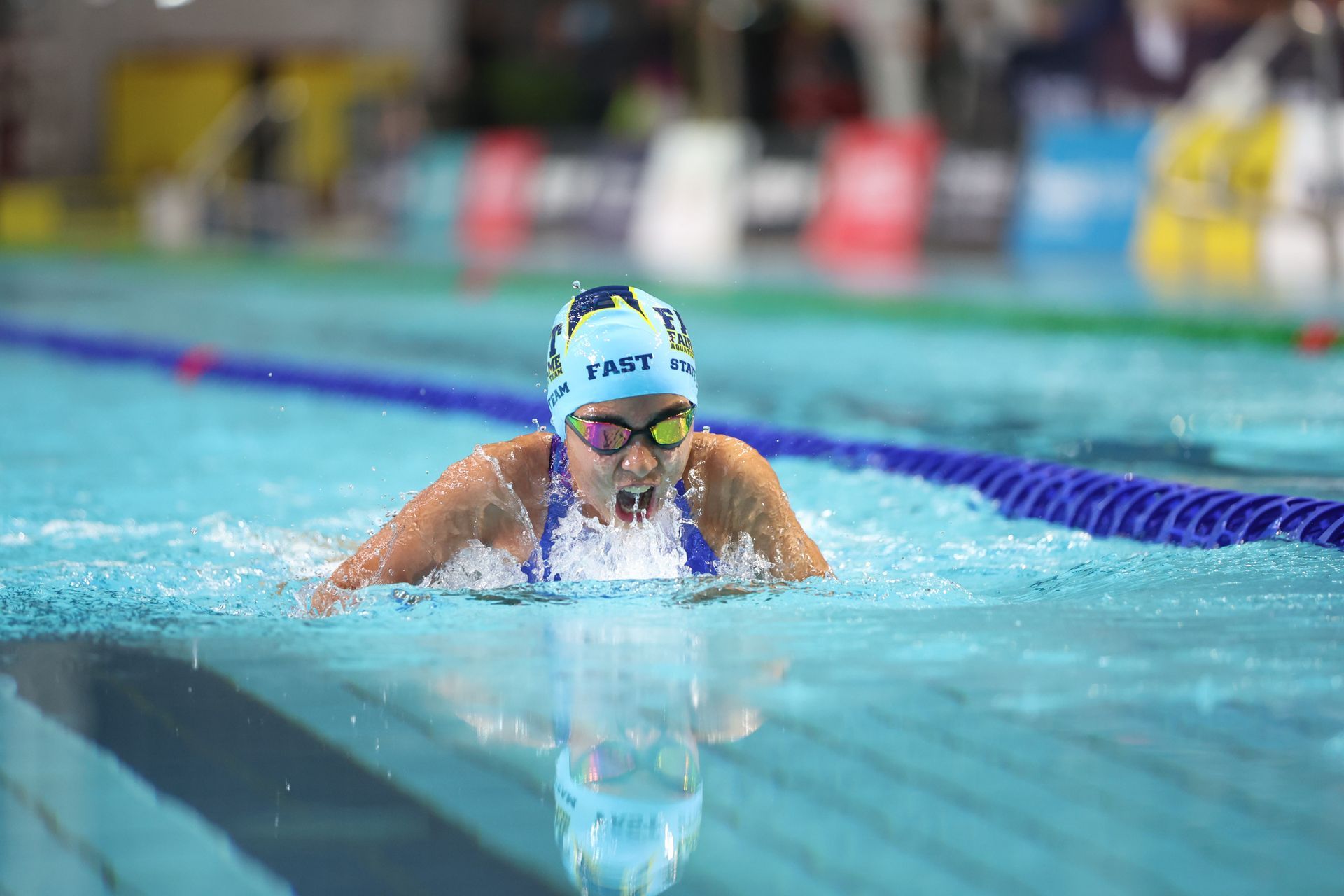
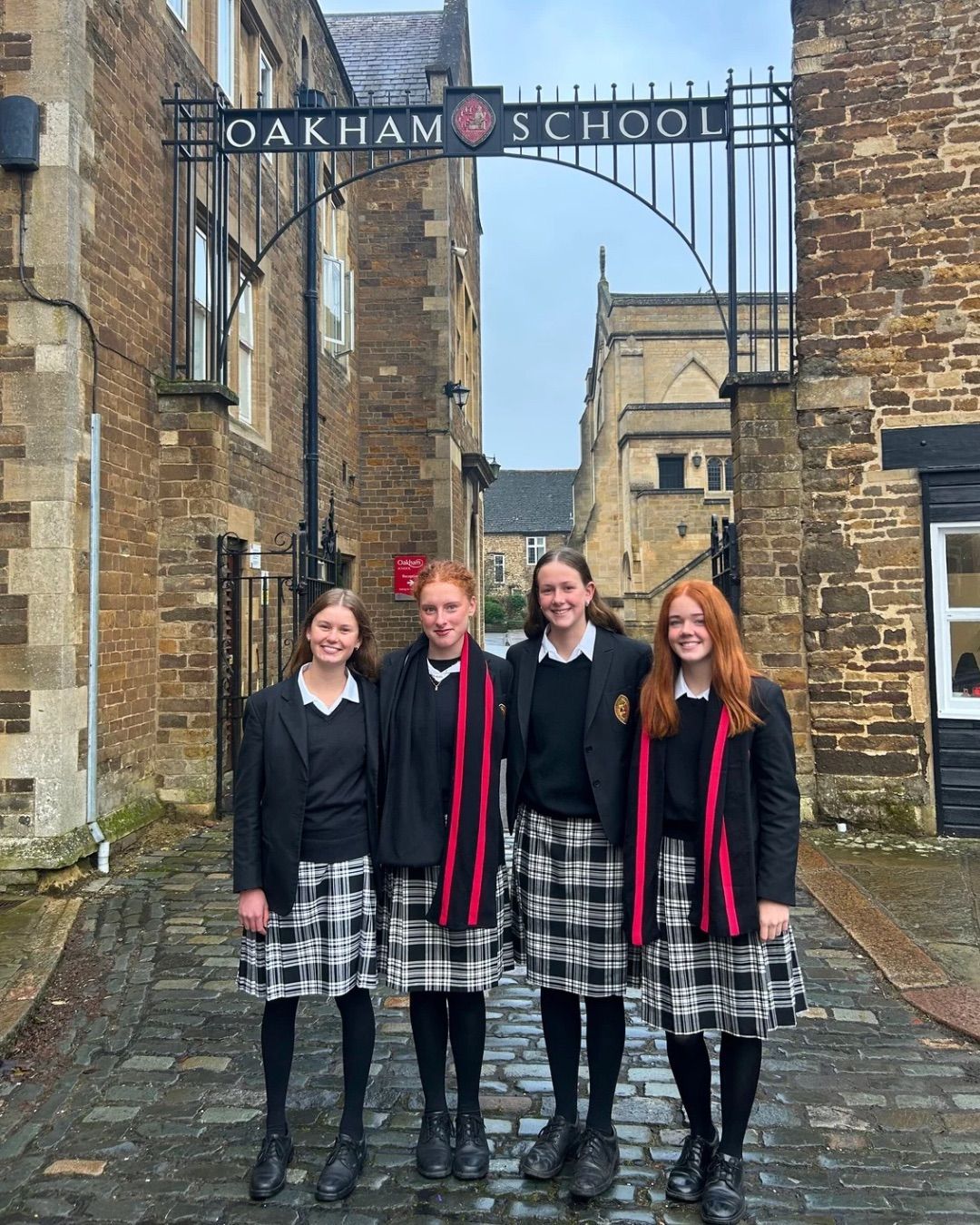
More News…




